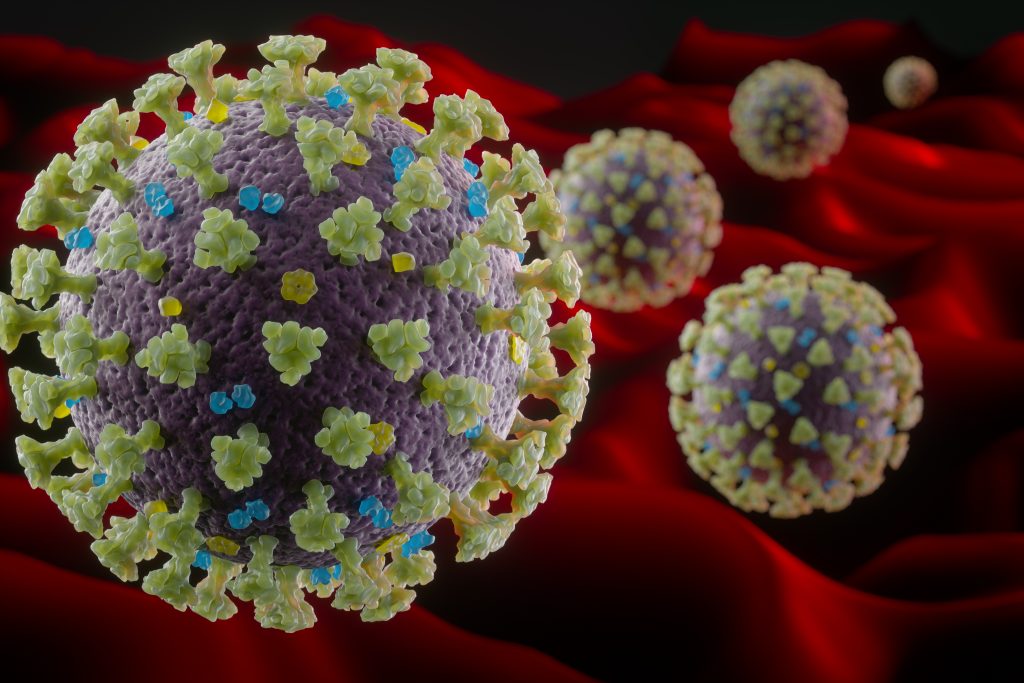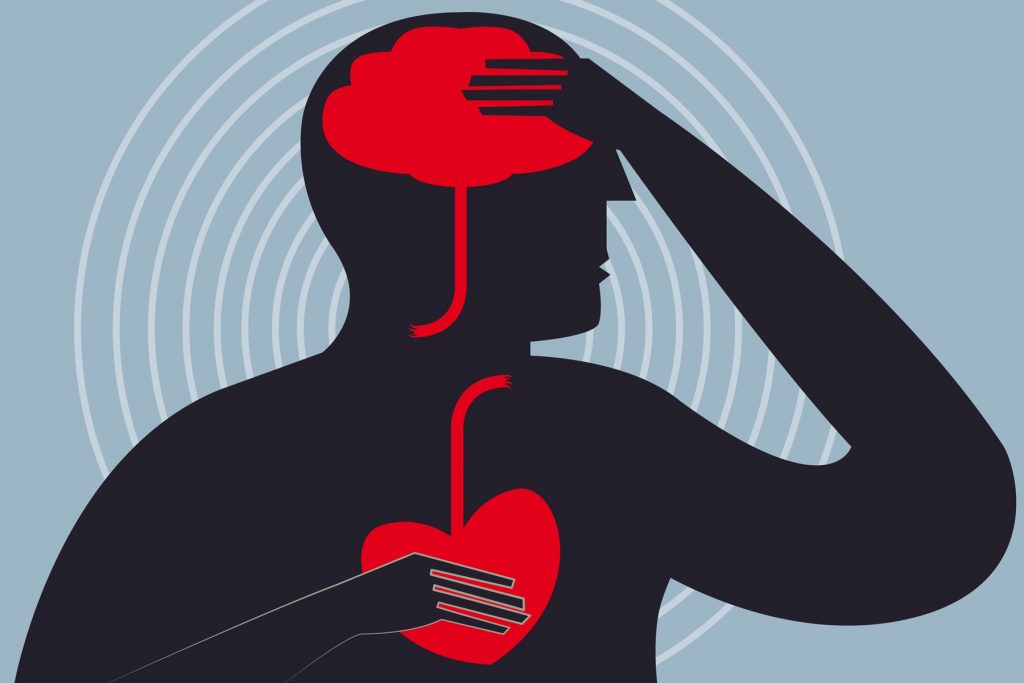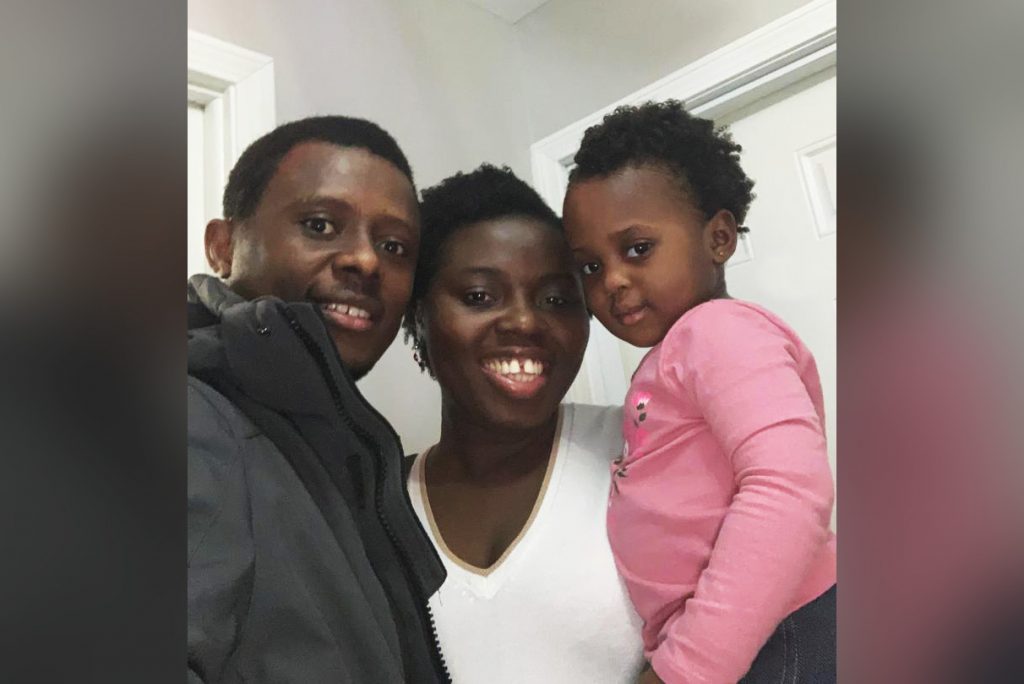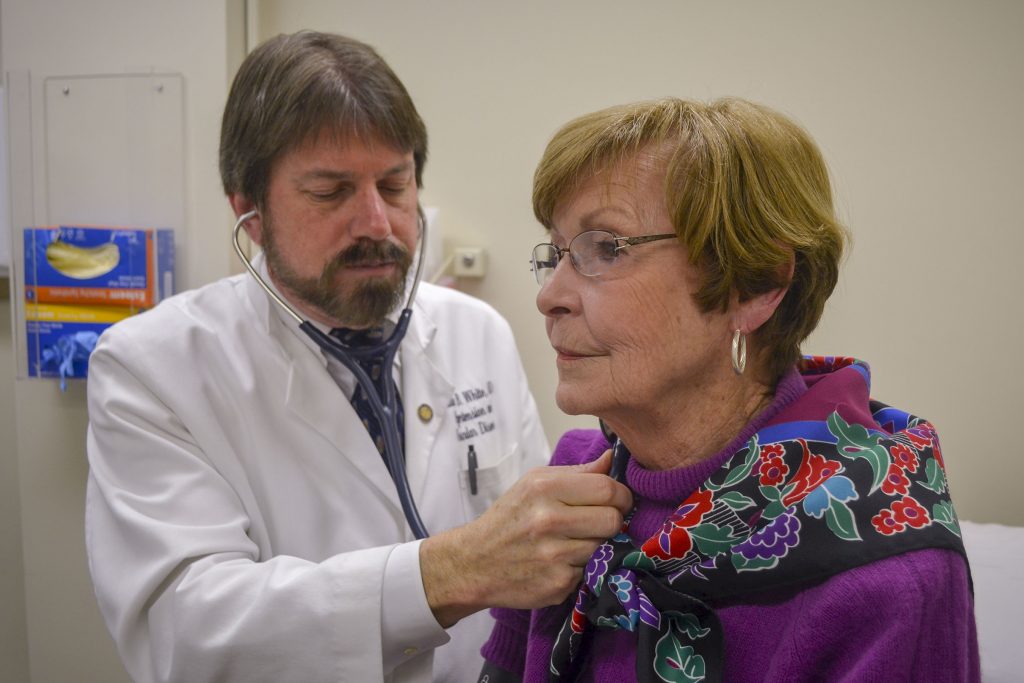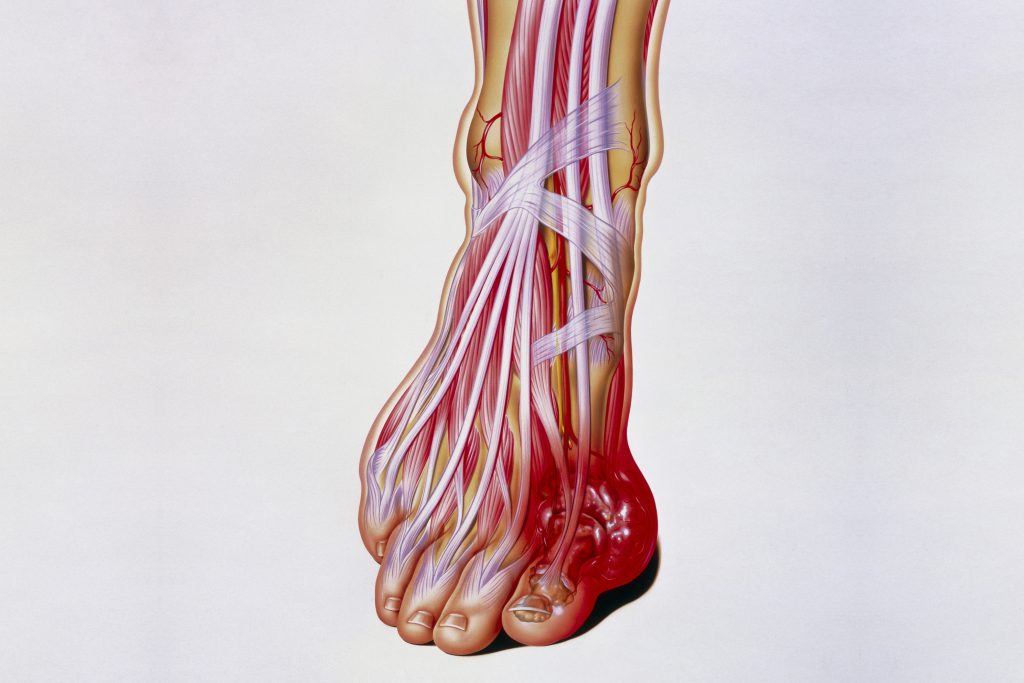Cardiology
UConn Researcher Evaluating an Intervention to Keep Young Adults Engaged in Substance Use Treatment
UConn researcher Kristyn Zajac is studying the feasibility of an innovative intervention that uses peers supports to help keep young adults engaged in substance use treatment.
Veteran Saves Fellow Veteran from Deadly Heart Attack
A heartwarming Memorial Day story of an Army Veteran turned paramedic saving another Army Veteran's life from the most dangerous type of heart attack.
May 27, 2021 | Lauren Woods
Avoid the ‘Double Jeopardy’ of COVID-19 if You Have a Preexisting Condition Like Heart Disease
Find out why Dr. Bruce T. Liang, director of UConn Health’s Pat and Jim Calhoun Cardiology Center, is advising older adults and those with preexisting conditions like heart disease to take strict precautions against COVID-19 and get vaccinated once eligible.
February 23, 2021 | Lauren Woods
Stopping Stroke Damage
An innovative treatment nearing human clinical trial at UConn Health could put an end to long-term stroke damage.
February 10, 2021 | Lauren Woods
How to Maintain your Cardiovascular Health to Prevent Both Heart Attack and Stroke
February is Heart Month. But did you know that maintaining your overall cardiovascular health prevents both heart attack and stroke? UConn Today sat down with Neurologist Dr. Gracia Mui, co-director of the Stroke Program at UConn Health, to learn just what we can do daily to lower both our overall heart disease and stroke risk factors.
February 9, 2021 | Lauren Woods
S.O.S. to Women: Make Time to Care for Your Heart
February is Heart Month. Dr. Supriya Tigadi of Calhoun Cardiology Center is heightening awareness to all women that cardiovascular disease is their number one cause of death. She is sending the strong message that prevention of heart disease is critical and to start focusing on it at a young age. Read her top 8 women’s heart health tips.
February 1, 2021 | Lauren Woods
Mom-To-Be Extra Thankful After Worry-Free Heart Procedure at UConn Health
Mom-to-be Semeda Amegashie and her family are especially thankful this year, because of a minimally invasive heart procedure she had at UConn Health.
November 24, 2020 | Lauren Woods
Thankful Heart Surgery Patient Knows the Power of a Checkup
This Thanksgiving Jeremy Wiseman shares his powerful personal story about how a simple checkup with his primary care doctor helped saved his life, along with successful heart surgery at UConn Health. As a result, he continues to live life to the fullest with his family, and is able to enjoy his love of exploring the great outdoors.
November 23, 2020 | Lauren Woods
Hypertension Study Offers Promise for Brain Function in Elderly
Because maintaining lower blood pressure reduced the amount of brain lesions, it can be expected that over a longer period this would show benefits in mobility and cognitive function, said Dr. William White of UConn Health.
March 18, 2019 | Combined Reports
Major Cardiovascular Study of Gout Patients Has Unexpected Finding
Findings released today show that the drug febuxostat increased the risk of death for those with heart disease, compared with the alternate drug allopurinol.
March 12, 2018 | Lauren Woods


